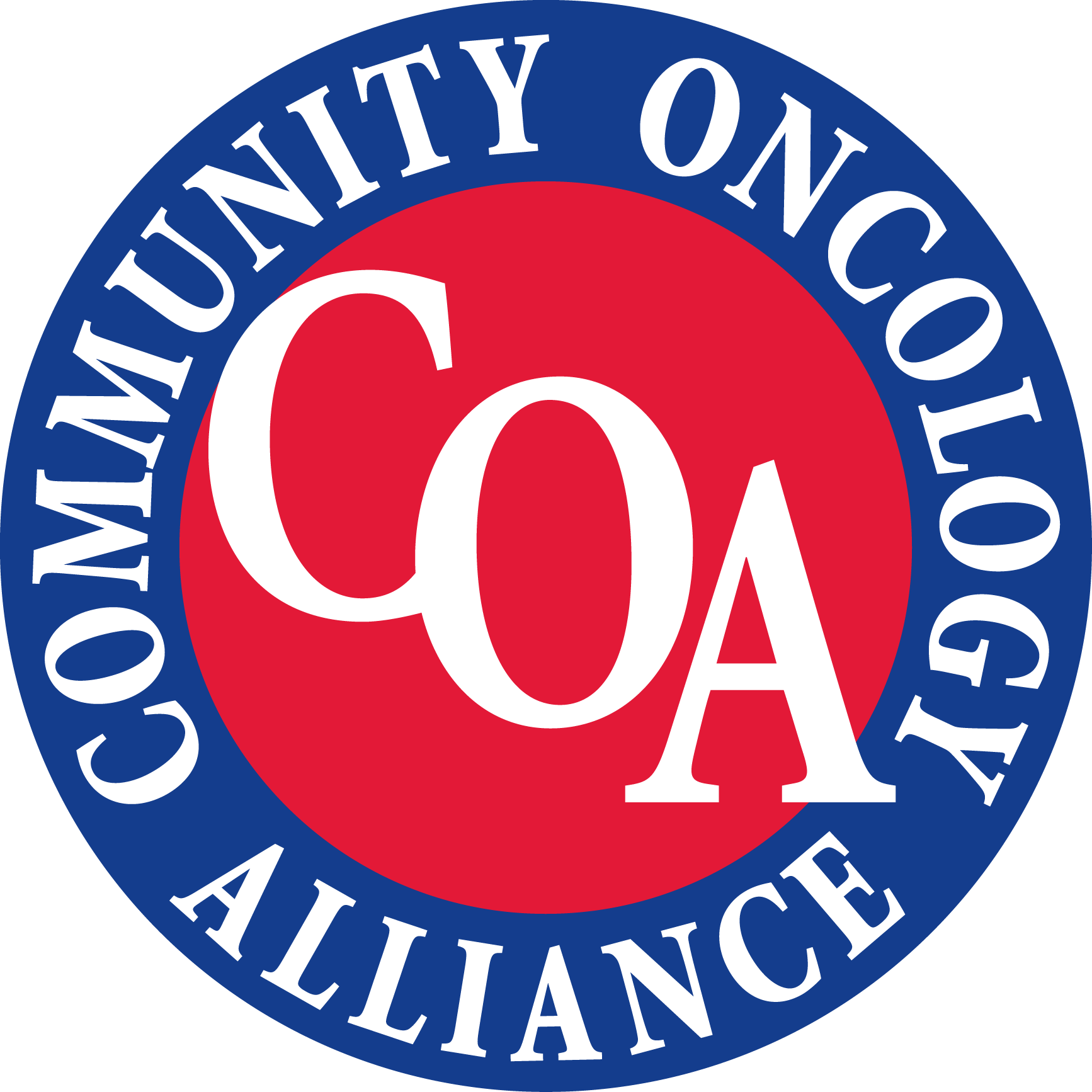
Innovating Community Oncology Care Delivery and Payment Reform: Insights From COA’s Ted Okon

Ted Okon, MBA, executive director, Community Oncology Alliance, discusses early returns from the Enhancing Oncology Model and how community oncology practices are innovating in ways that can expand into other areas of medicine.
As part of our coverage of the 2023 COA Payer Exchange Summit, The American Journal of Managed Care® spoke with Ted Okon, MBA, executive director, Community Oncology Alliance, to learn more about early returns from the Enhancing Oncology Model (EOM) and how community practices are innovating in ways that can expand beyond the community oncology landscape into other areas of medicine.
“In order to not only survive, but thrive,” Okon says, “I think it's essential for practices to innovate along the lines of payment reform by looking at different types of models and being paid for success, and really innovating along a number of different lines.”
Transcript
From early feedback you have received, how are things going with the EOM?
So, a little disappointed in the EOM participation, in that you only have 30 practices that were in the OCM [Oncology Care Model] that are participating in the EOM, and I think that's because CMMI [Center for Medicare and Medicaid Innovation] really didn't listen to us and stakeholders in terms of what should be corrected and done differently. But, you know, it really has just started up. I know there have been some glitches in terms of some of the files and some of the data; that's a little disappointing. But we'll see. There are rumors that CMMI is going to open it up again, make some changes. I think if they're going to open up again, the only way they're going to attract some more practices is to make some changes along the lines of what we've told them. So we'll wait and see.
What elements are essential for participating practices to have to tackle the ever-changing challenges in cancer care?
The amazing thing is, is that the government, in the form of the OCM, actually changed cancer care and payments. The OCM had a big impact on community practices, not only in terms of the Medicare population, but the commercial population. And now, practices are innovating. They're out there looking at different models of population health, capitation, the Oncology Medical Home.
And I think that in order to not only survive, but thrive, I think it's essential for practices to innovate along the lines of payment reform by looking at different types of models and being paid for success, and really innovating along a number of different lines. And that's exactly what we're seeing now. What the OCM precipitated, it's kind of interesting that they didn't really continue the OCM, make some changes to the OCM—even though the EOM looks like the OCM—but we will see. But practices are actually doing a lot more in innovation and payment reform in oncology because of the OCM.
Can these strategies to be seamlessly incorporated into the current health care system?
I think that what oncology is doing, and specifically, independent community oncology practice, is really innovating in terms of how they deliver care. This isn't just about payment, it's about how they deliver care. So the idea of staying open 24/7, of when a patient calls in and not getting an answering service, but getting a nurse triage are really, really key. Why? Because they all go toward not only improving outcomes for the patients, but keeping patients out of the hospital, out of the emergency room.
So when you think about and you step back, and you don't just think about oncology, but think about other areas in medicine, this is really a template of how it can be used. Because you don't want the patient going into the hospital, going into the emergency room. Not only are they the places that a sick patient shouldn't be, but basically, they're more higher-cost centers of care. So if we can do more preventive work in terms of keeping patients out of the emergency room, out of the hospital, and improving their outcomes, that's what oncology practices are doing. And I think it has a lot of application in other areas of medicine.
Newsletter
Stay ahead of policy, cost, and value—subscribe to AJMC for expert insights at the intersection of clinical care and health economics.









